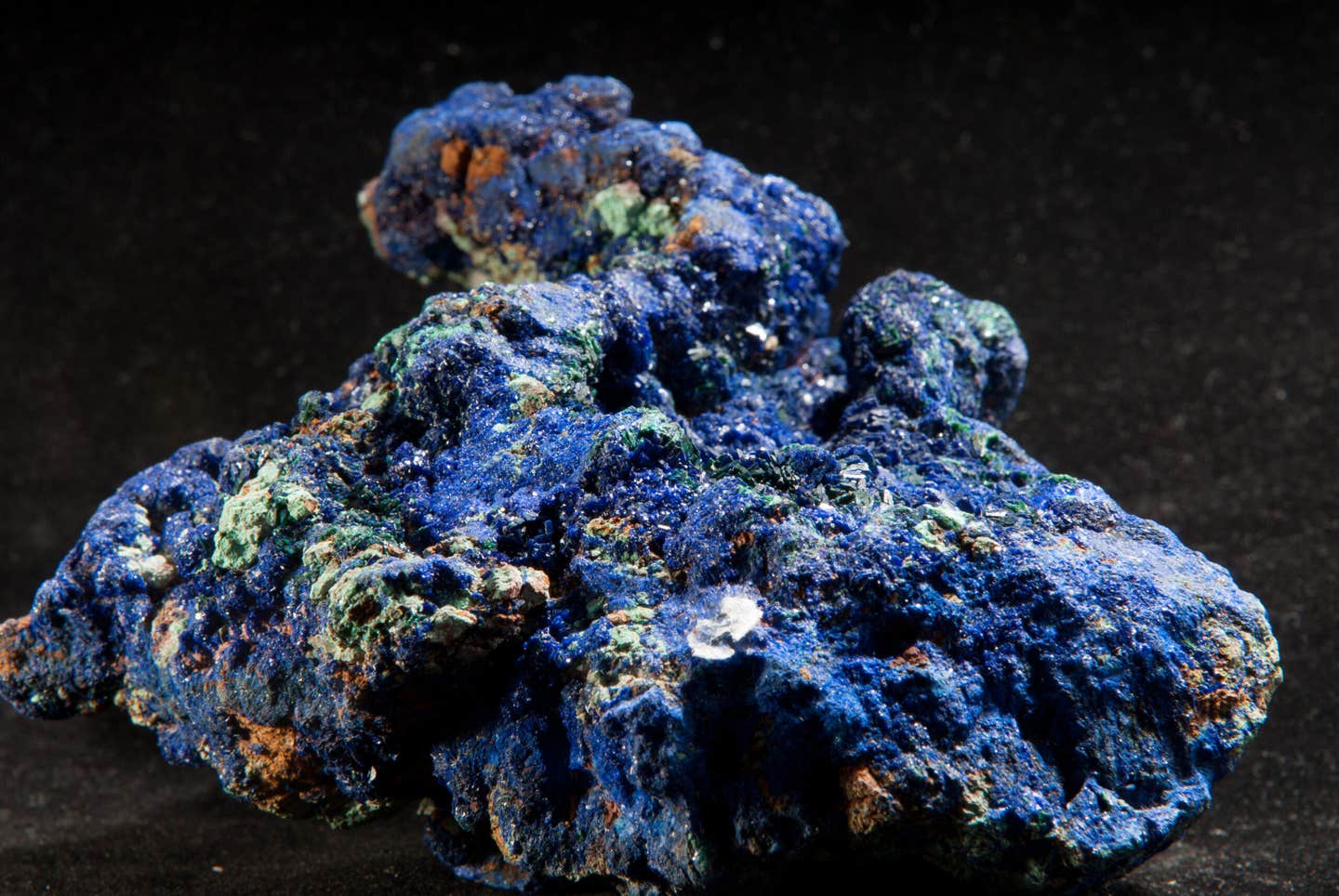Is alcohol-free wine just as good for your heart as the real thing?
There is an “undeniable protective beneficial relationship between coronary heart disease and consumption of both red and white wine”

[Sept 8, 2021: Anglia Ruskin University]
Drinking alcohol-free wine has the same benefit to heart health as drinking wine – suggesting this is down to the grapes rather than the alcohol, a study has indicated.
Associate professor Dr Rudolph Schutte, of Anglia Ruskin University, said there is an “undeniable protective beneficial relationship between coronary heart disease and consumption of both red and white wine”.
“However, this is only seen with coronary heart disease and none of the other cardiovascular diseases,” he said.
“This relationship is also seen for alcohol-free wine, so it suggests the benefits are thanks to the polyphenols in the wine rather than the alcohol.”
Polyphenols, a form of antioxidants, are found in grapes.
Researchers analysed data from 446,439 people over an average of seven years to look at alcohol and health.
Dr Schutte said the only health benefit identified was a decreased risk of coronary heart disease through the consumption of wine, but that this benefit was also found in alcohol-free wine.
He said that drinking alcohol, even at low levels, can be damaging to health.
Low-level consumption of beer, cider and spirits was associated with an increased risk of cardiovascular events, coronary heart disease, cerebrovascular disease such as stroke, cancer, and overall mortality, according to the research, published in the journal Clinical Nutrition.
Previous studies into alcohol and health have identified a J-shaped curve, indicating that low levels of alcohol consumption can be beneficial.
However, Dr Schutte believes these studies are incorrectly making comparisons with non-drinkers.
“A group of non-drinkers will contain individuals who abstain from alcohol due to various pre-existing health reasons, making this reference group surprisingly high-risk,” said Dr Schutte, course leader for the BSc Medical Science program at Anglia Ruskin University.
“Comparing a group of low to moderate drinkers to this ‘risky’ reference group of non-drinkers could wrongly indicate that alcohol is beneficial to health.
“This is the main driver of the trough of the J-shaped curve.”
He went on: “The current recommendations in the UK are to drink no more than 14 units of alcohol a week.
“This equates to seven pints of average-strength beer, around nine glasses of 125 ml wine, or 14 single measures of spirits.
“However, our findings show that even low levels of alcohol consumption can be damaging to our health.”
Like these kind of feel good stories? Get the Brighter Side of News' newsletter.



